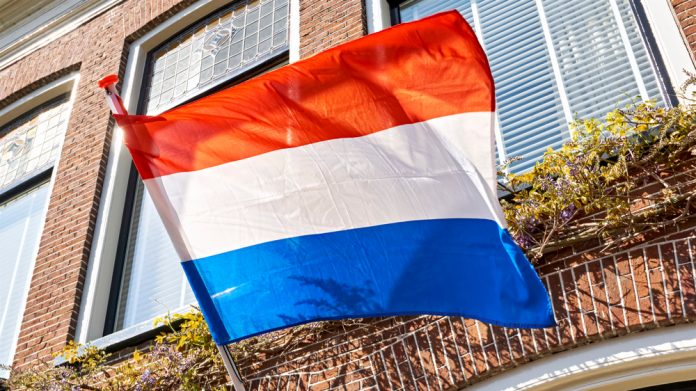Kansspelautoriteit Chair René Jansen has called for operators in the Dutch market to take a greater duty of care when it comes to protecting players from gambling harm and problem gambling.
In a blog post, Jansen highlighted a recent investigation by the Dutch gambling authority which revealed that operators were not reacting quickly and efficiently enough to players who showed possible signs of gambling addiction.
Based on its research findings after discussions with 10 operators in the Dutch market, the KSA will tighten its policy, amend responsible gambling protocols to include mandatory real-time monitoring and blocking of accounts that display concerning signs until an intervention has taken place, and supplement rules on indicators that should be included in gaming behaviour assessment.
Noting that the discussions the authority had with 10 operators resulted in 10 different duty of care elaborations, Jansen said that the open standards of duty of care have caused a “fragmented interpretation” of an operator’s responsibilities which is not always in the best interest of the player.
For example, the KSA Chair explained how some operators are unable to monitor in real-time, meaning problematic player behaviour can sometimes go undetected and without intervention for up to three days.
Jansen stated: “Gambling can cause major financial problems in a short time. Providers must therefore be able to see much more quickly where things may be going wrong, and always be able to intervene quickly.”
The KSA Chair made it clear that Dutch players were benefiting from legal gambling, as in the illegal market, there is “no duty of care at all”.
“We would never have had the detailed look into the kitchen that providers have now given us. With illegal providers, we often saw that basic requirements, such as proper identity and age verification, were missing.”
Jansen also pointed out the work operators have done to protect vulnerable groups, such as applying extra limits for young adult players in the age category 18 to 24.
However, the KSA Chair has called upon operators who are licensed in the Dutch market to do more to protect players.
“Providers who have obtained a coveted permit from the KSA should not rest on their laurels; on the contrary. The duty of care is an extremely important task (perhaps the most important) that a provider has, and it must therefore be taken very seriously.
“Based on the findings in this study, we will help with this by further defining the standards and tightening our policy rules. At the same time, we call on providers and their trade associations to raise the duty of care bar before then. The sooner the better. And while they consider this and take action, we will continue with priority the ongoing investigations into providers who may have gone far beyond their limits.
“A legal gambling market is not a gift for the providers but requires hard work, trust from players, government and society as a whole. It is up to the providers to show that they are worthy of their permit.”
The KSA has also recently announced that Verslavingspreventiefonds – the Addiction Prevention Fund – will be financing three pilot gambling addiction awareness projects that will provide information about the risks of gambling.











